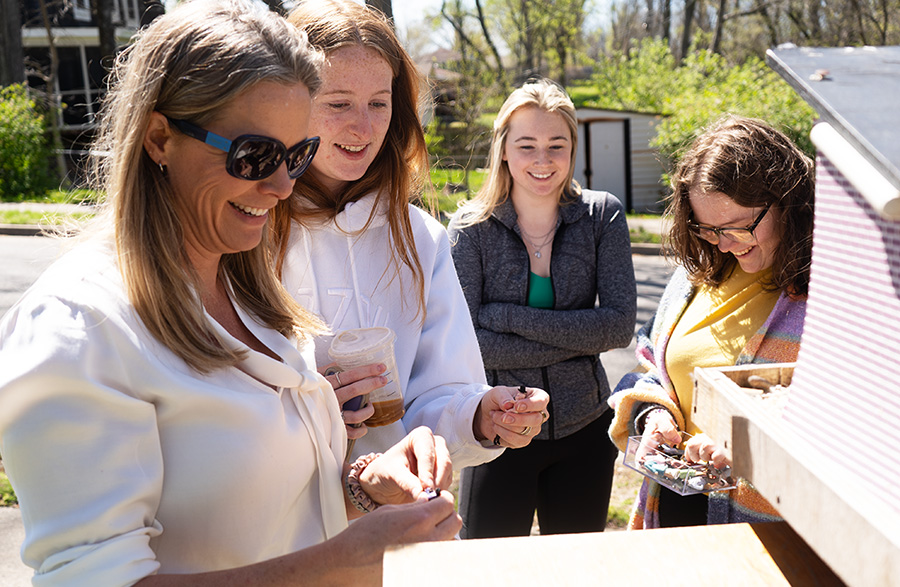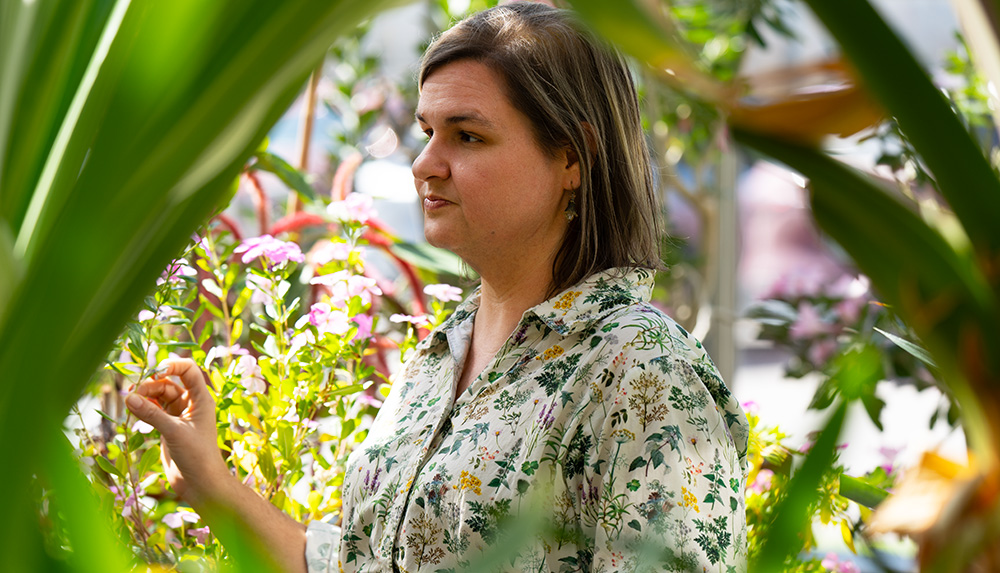
Teaching an Honors class is what education should be. The discussions are stimulating. The work is challenging, both for faculty and students, and the classroom atmosphere is lively, engaged, and supportive.
A major role of being an Honors faculty member is mentoring, both inside and outside the classroom. Honors students often enjoy meeting and socializing with their instructors outside the class setting, in fact. So, you might think of hosting a pizza evening at Shakespeare’s or arranging an informal get-together at your home. Many Honors faculty assign office conferences as part of their syllabus requirements.
It is very important to set high expectations for your Honors students and to do so at the beginning of the semester. The National Collegiate Honors Council (NCHC) provides the following advice: “In Honors classes, it might be helpful to immediately convey to students that the course will be enriching and challenging; that it will spend considerable time honing the students’ abilities in critical thinking, analytical writing, close reading, cogent speaking, and attentive listening; and that students are, to a large extent, responsible for the quality of the learning experience that they will have. They will be expected to participate thoughtfully and fully in all aspects of the class.”

